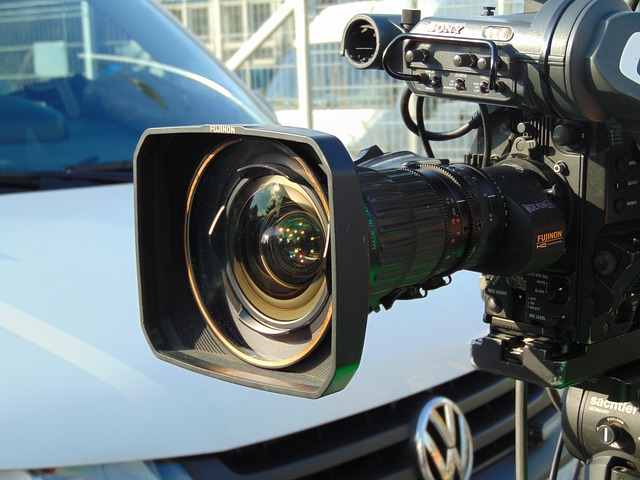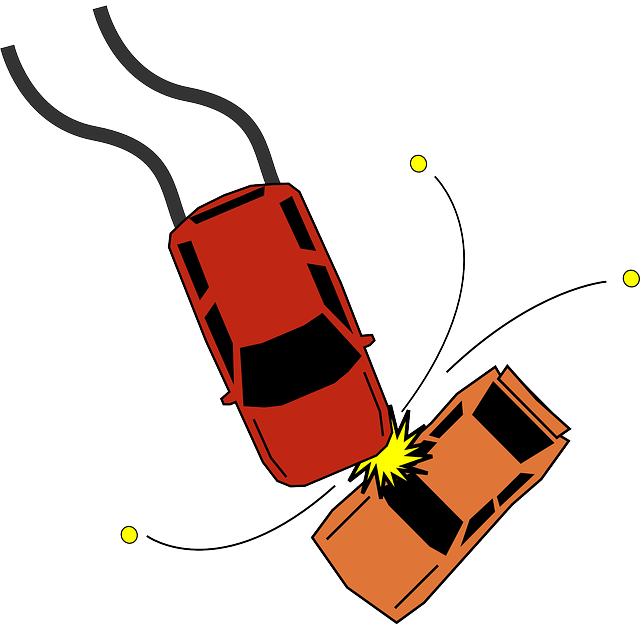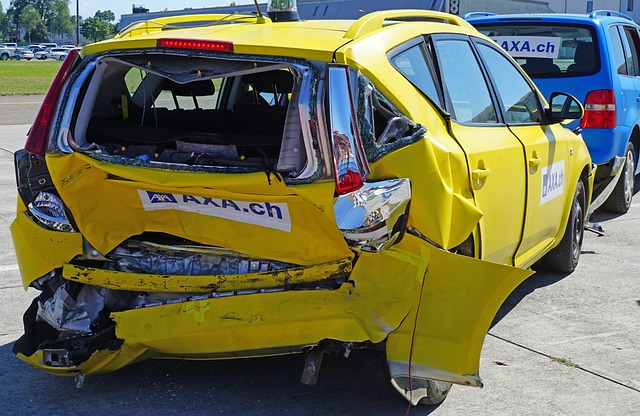Collision coverage, a vital component of comprehensive car insurance, shields drivers from financial burdens caused by vehicle collisions, regardless of liability. It covers repair or replacement costs, towing services, and associated expenses, providing holistic support during unforeseen road incidents. Understanding various collision coverage options, including basic and additional features, empowers drivers to tailor policies to specific needs while avoiding unnecessary expenses. This protection is crucial for leased/financed cars or vehicles with high value, offering peace of mind and financial security in case of accidents.
In the event of a car accident, collision insurance plays a pivotal role in safeguarding your financial well-being. This comprehensive guide delves into the intricacies of collision coverage, exploring what it entails and how it can protect you from unexpected costs. From understanding the various coverage options to navigating policy exclusions, we’ll equip you with knowledge to make informed decisions. Discover the benefits of robust collision protection and gain valuable tips for selecting the ideal coverage that aligns with your needs.
Understanding Collision Insurance: What It Covers

Collision insurance, also known as collision coverage, is a vital component of any comprehensive car insurance policy. It’s designed to protect drivers from financial losses incurred in a vehicle collision, regardless of who’s at fault. This type of coverage can help pay for repairs or even replacement of your car if it’s damaged in an accident.
Collision coverage typically includes the cost of repairing or replacing your vehicle when it collides with another object, such as another vehicle, a tree, or a fence. It also may include towing services and other related expenses. Understanding what collision insurance covers is crucial when considering your auto insurance options to ensure you’re adequately protected on the road.
Types of Collision Coverage Options

Collision insurance is a vital component of any comprehensive car insurance policy, offering protection against financial losses incurred during a vehicle collision. When it comes to collision coverage options, there are several types available to suit different needs and budgets. One common option is collision coverage that pays for damage to your vehicle when you’re involved in an accident, regardless of fault. This includes repairs or even total loss replacement.
Additionally, many policies include additional collision coverage features such as rental car reimbursement, which helps offset the cost of renting a vehicle while yours is being repaired, and roadside assistance services for peace of mind on the road. Some plans also offer optional coverage for specific types of incidents like driving over potholes or collisions with animals. Understanding these options allows drivers to customize their collision insurance to ensure adequate protection without paying for unnecessary extras.
How Does Collision Insurance Work?

Collision insurance is designed to provide financial protection in the event of a car accident, specifically covering damages to your vehicle. When you have collision coverage as part of your auto insurance policy, it typically kicks in when your car sustains damage due to a collision with another object or vehicle. This can include incidents like rear-end collisions, sideswipes, or even rolling over.
The process works by filing a claim with your insurance company after an accident. They will then assess the damage and determine the cost of repairs. Collision coverage usually covers both direct repair costs and, in some cases, the deductible that you would otherwise have to pay out-of-pocket. This ensures that you’re not left with a significant financial burden following a car accident.
When Is Collision Coverage Necessary?

Collision coverage is an essential aspect of auto insurance that protects you financially in the event of a car accident, regardless of fault. While comprehensive insurance policies cover a wide range of incidents, collision coverage specifically addresses accidents involving your vehicle hitting another object or vehicle. This type of coverage is particularly necessary when you drive on roads with high traffic, heavy congestion, or areas prone to accidents, as the risk of collisions increases under such conditions.
Additionally, if you lease or finance your car, collision insurance is often a requirement set by the lender to protect their investment. It’s also beneficial for drivers who own valuable vehicles, as it can help cover the costs of repairs or even replacement in case of significant damage. By having collision coverage, you gain peace of mind, knowing that unexpected accidents won’t put a strain on your finances.
Benefits of Having Comprehensive Collision Protection

Having comprehensive collision protection offers numerous advantages for drivers involved in car accidents. One of the primary benefits is financial security. This type of coverage can help pay for repairs or even replace your vehicle if it’s damaged beyond repair, ensuring you’re not left with a substantial bill. It provides peace of mind, knowing that unexpected collisions won’t drain your savings or leave you struggling to afford necessary repairs.
Additionally, collision coverage can protect your credit score and driving record. In the event of an accident, this protection acts as a buffer between you and potential financial setbacks. Without it, even minor fender benders could result in increased insurance premiums and a higher risk of future accidents due to higher rates. Collision coverage is a smart investment for drivers looking to maintain financial stability and avoid unnecessary stress after an accident.
Common Exclusions in Collision Insurance Policies

Collision insurance, while providing vital protection against financial losses in car accidents, isn’t all-encompassing. It’s crucial to understand common exclusions that could leave policyholders responsible for significant costs. These typically include damage caused by driving under the influence, intentional acts, or certain types of wear and tear not considered as accidents. For instance, policies usually don’t cover windows or tires damaged during regular use.
Additionally, collision insurance often excludes vehicles deemed total losses, meaning repairs would be more costly than the car’s worth. Policyholders should also note that driving off-road or participating in races can void coverage. Understanding these exclusions is essential for managing expectations and ensuring adequate financial protection under a collision coverage policy.
Tips for Choosing the Right Collision Coverage

When considering collision insurance, it’s crucial to evaluate your driving history and the value of your vehicle. One key tip is to assess your personal risk profile; if you’re a safe driver with no recent claims, you might opt for lower collision coverage limits. However, if you’ve had previous accidents or drive a high-value car, opting for higher coverage can provide financial protection against substantial repair costs or total loss.
Additionally, understanding the types of collision coverage available is essential. Comprehensive and collision coverage options vary, so compare quotes from multiple insurers. Consider factors like deductibles, which represent the out-of-pocket expense before insurance kicks in. Lower deductibles mean higher premiums, while higher deductibles can reduce costs. Evaluating these aspects will help you choose the right balance of protection for your needs and budget.
